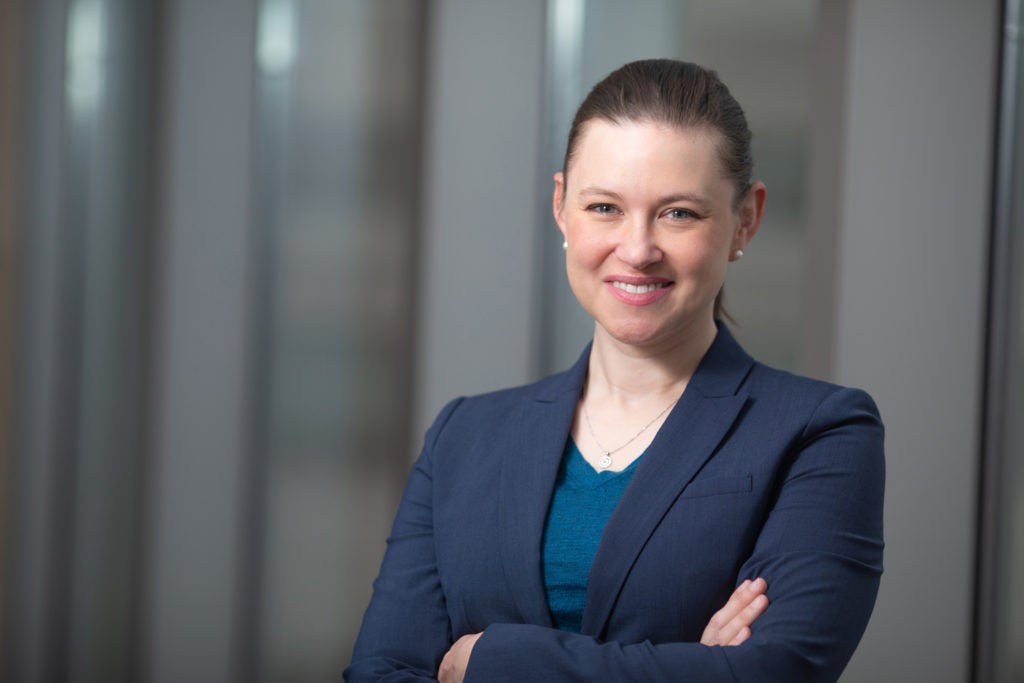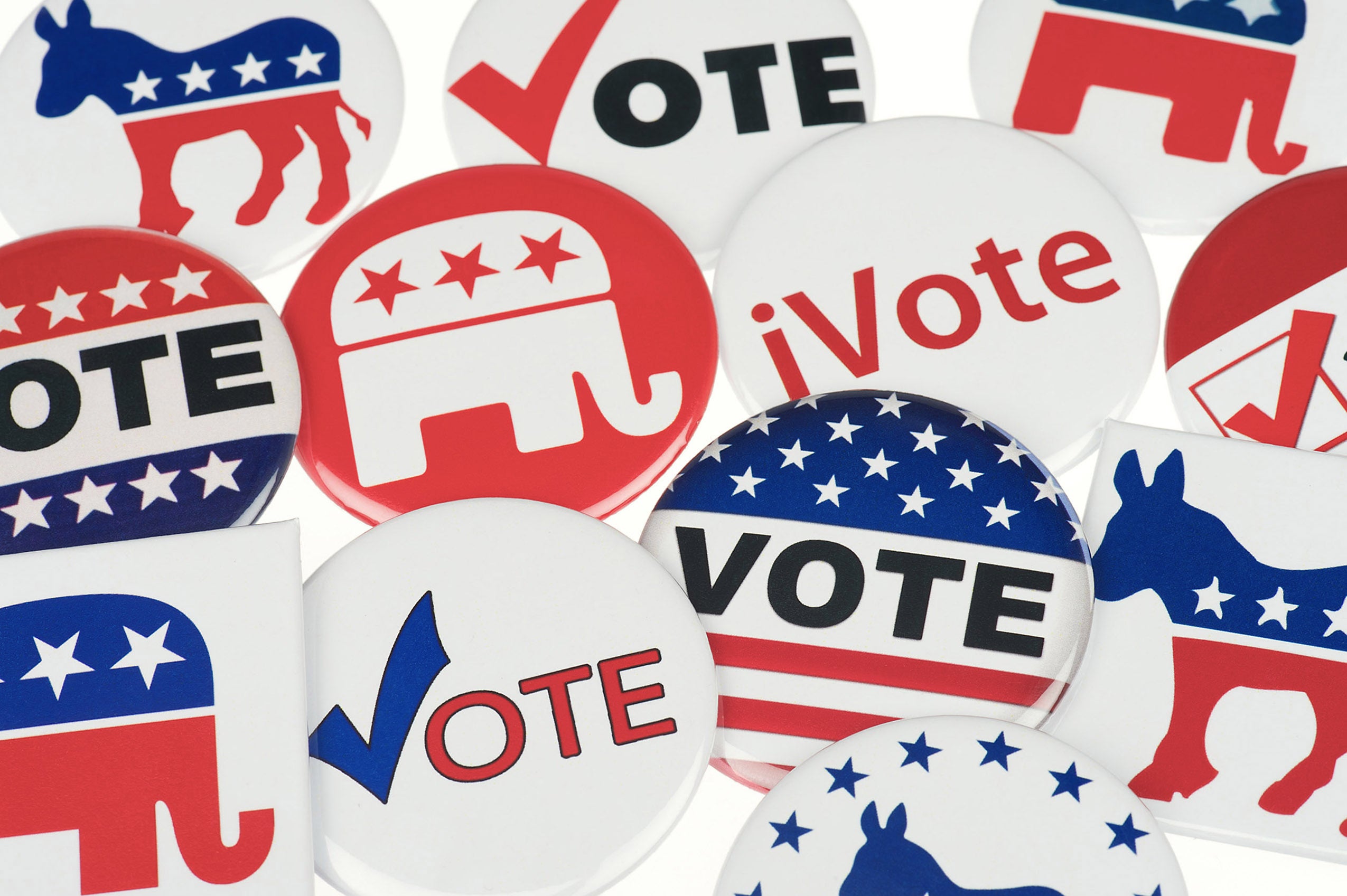Harvard Law School has launched a new Voting Rights Litigation and Advocacy Clinic. The clinic joins the 46 legal clinics and student practice organizations that make up the school’s clinical program.
The new externship clinic focuses on voter suppression and redistricting law and policy, with a particular emphasis on voting rights threats and opportunities, the role of identity in litigation and advocacy, and multi-dimensional advocacy. Students may also choose to work in other areas of election law, including election administration, campaign finance, political party regulation, and ethics.
Students may work with nonprofit litigation and advocacy groups at the local, state, or national level, and could focus on the needs of a particular community or a broader audience. This spring, students are working with organizations such as the League of Women Voters, Lawyers’ Committee for Civil Rights, the ACLU Voting Rights Project, and Voters Not Politicians.
The clinic is led by Ruth Greenwood, who joined Harvard Law School in January as a lecturer on law. A voting rights advocate for more than 10 years, Greenwood has focused her advocacy work on ending partisan gerrymandering and promoting minority representation. She previously served as an adjunct professor of law at Loyola University Chicago School of Law.

Ruth Greenwood leads Harvard Law School’s new Voting Rights Litigation and Advocacy Clinic.
“The Voting Rights Litigation and Advocacy Clinic will give our students the opportunity to learn, contribute, and practice law in a field that is central to American democracy,” said John F. Manning ’85, the Morgan and Helen Chu Dean of Harvard Law School. “Ruth Greenwood is a deeply experienced practitioner, thoughtful and principled lawyer who will be both a superb teacher and a wonderful mentor to our students. I am delighted to welcome Ruth to Harvard Law School.”
While directing the Voting Rights Litigation and Advocacy Clinic, Greenwood also teaches the Voting Rights Litigation and Advocacy Workshop. Students in the clinic are required to take Election Law, which is taught by Professor Nicholas Stephanopoulos. Election Law was first offered this winter term to prepare students for their spring clinical placements.
Since 2016, Greenwood has served as co-director of voting rights and redistricting for Campaign Legal Center (CLC) in Chicago, where she developed and implemented redistricting program plans and engaged in litigation on a variety of redistricting issues. She litigated two partisan gerrymandering cases from the trial level to the Supreme Court of the United States (Whitford v. Gill and LWVNC v. Rucho), and has advised dozens of states on how to draft and implement independent redistricting commissions. She will continue to serve as co-director of voting rights and redistricting at CLC, in the Cambridge office.
She was previously lead counsel for voting rights at the Chicago Lawyers’ Committee for Civil Rights Under Law, where she managed and developed voting rights litigation, youth civic engagement programs, and advised community groups on legal strategies to improve minority representation. Prior to that, she was a redistricting fellow with the Democratic National Committee’s Voting Rights Institute.
“As we see efforts across the country to restrict the franchise, it is crucial that we train a new generation of lawyers to take on cases to defend and promote voting rights. I am thrilled to be working with brilliant HLS students to do the important work of defending our democracy. I also can’t wait to see the innovative litigation and advocacy strategies they generate once they are practicing attorneys,” said Greenwood.
In 2016, Greenwood was a Chicago Civic Leadership Academy Fellow. She was awarded an Exceptional Service Award by the Chicago Board of Elections in 2014 for her work on Chicago Democracy Week.
A native of Australia, Greenwood received her undergraduate law and science degrees from the University of Sydney in 2005 and 2003, and her masters in law from Columbia Law School in 2009.
Clinical instruction plays an important role in legal education at Harvard Law School. Through the collective efforts of HLS’s 46 legal clinics and student practice organizations, the school deepens students’ practical experience by enabling them to learn the skills lawyers engage in. Under the supervision of clinical professors, students practice law on behalf of clients, while helping improve the lives of individuals in need through pro bono legal services. More than 80 percent of HLS J.D. students take at least one clinic, and more than 40 percent take two or more. Existing HLS legal clinics focus on a wide range of legal areas, from cyber, tax and veterans’ law to human rights, immigration, health and housing law.
